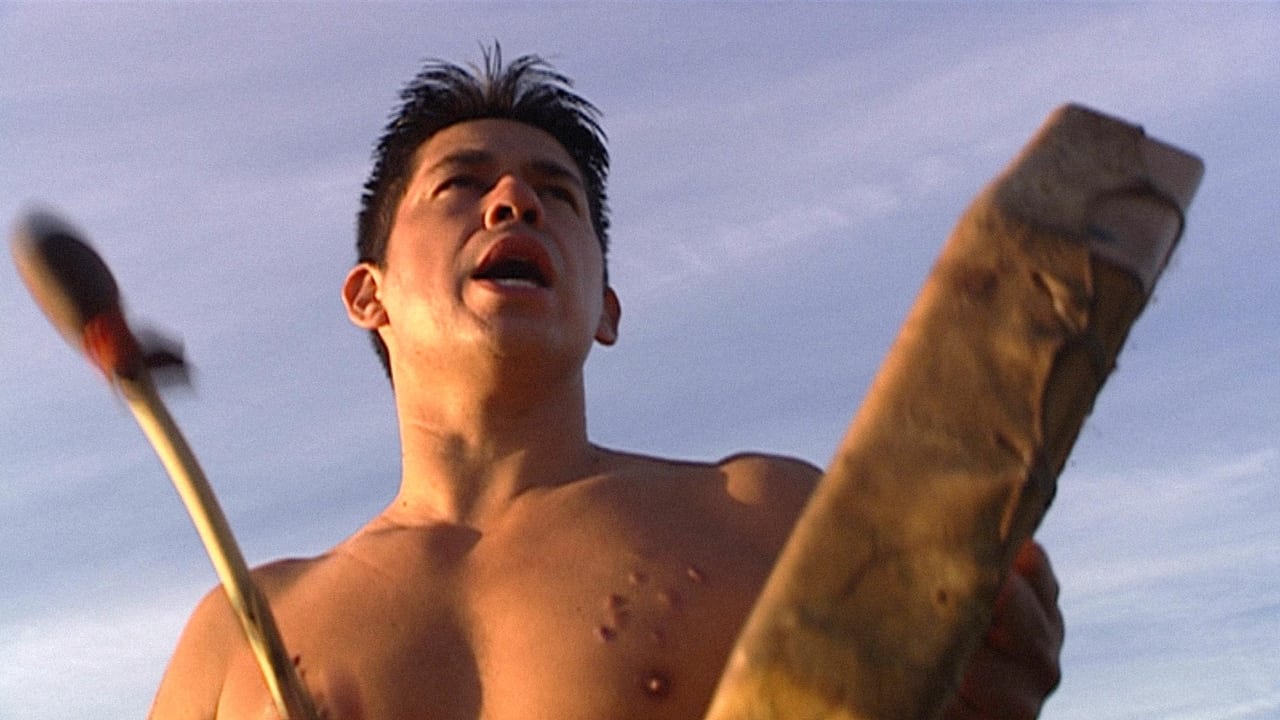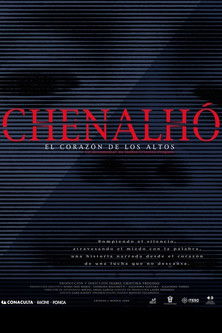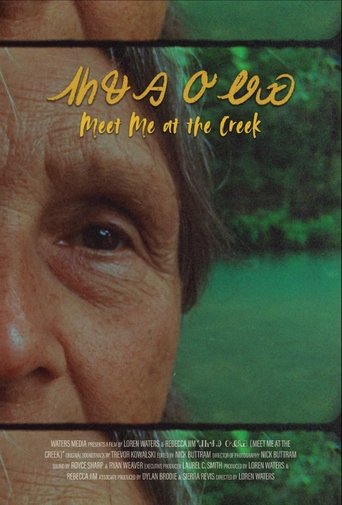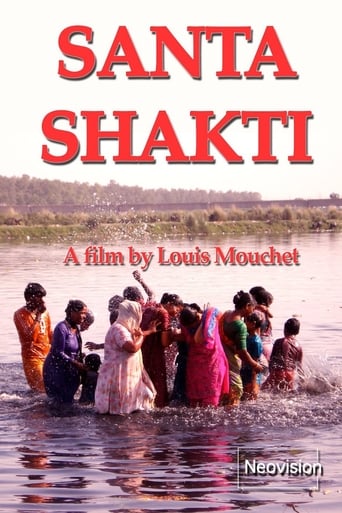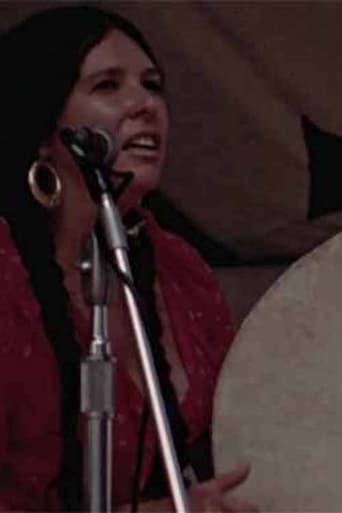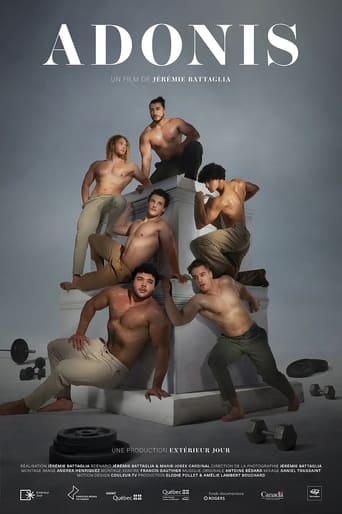
21 Feb 2024

Adonis
A hard-hitting documentary that tackles head-on a controversial but increasingly alarming subject: young men's obsession with the perfect body, and the use of performance-enhancing drugs to achieve it. Once the preserve of top-level athletes, the use of anabolic steroids has become endemic among teenagers and young men with a passion for bodybuilding. Daring to tackle head-on the taboo of male beauty standards, Adonis offers a field investigation into the heart of this muscle-building machine, questioning the reasons behind and the physical, psychological and social risks of this race to the perfect body. As he stages his own vulnerability, the filmmaker lifts the veil on the scale of the public health crisis that is looming.
